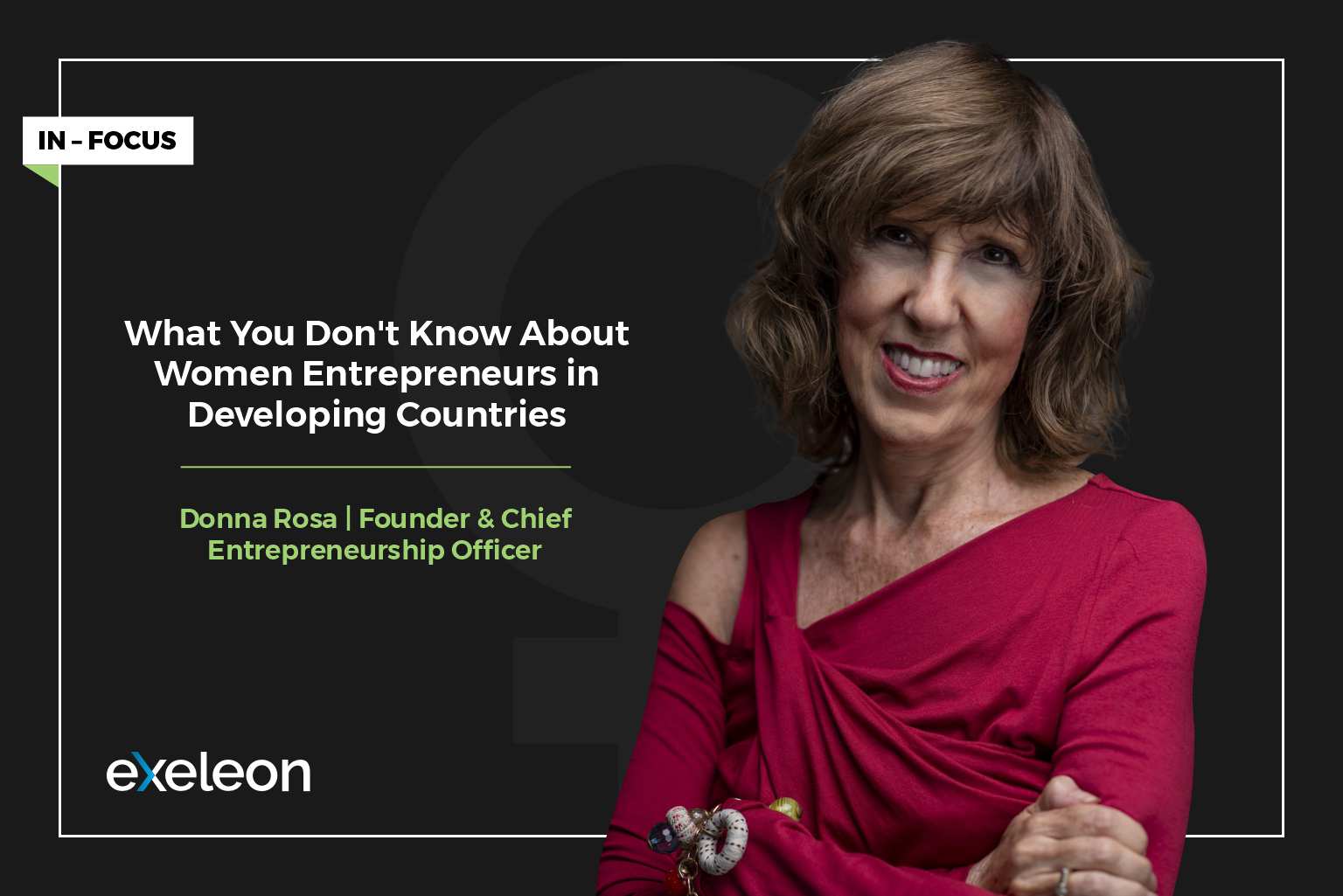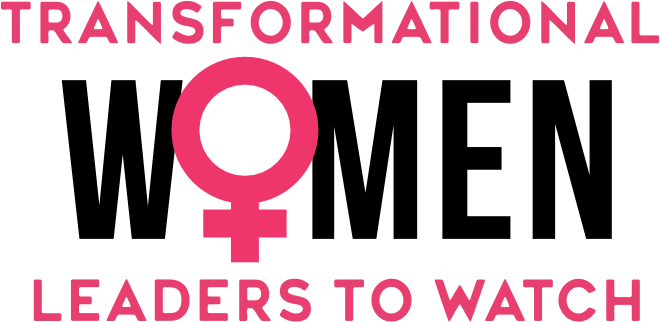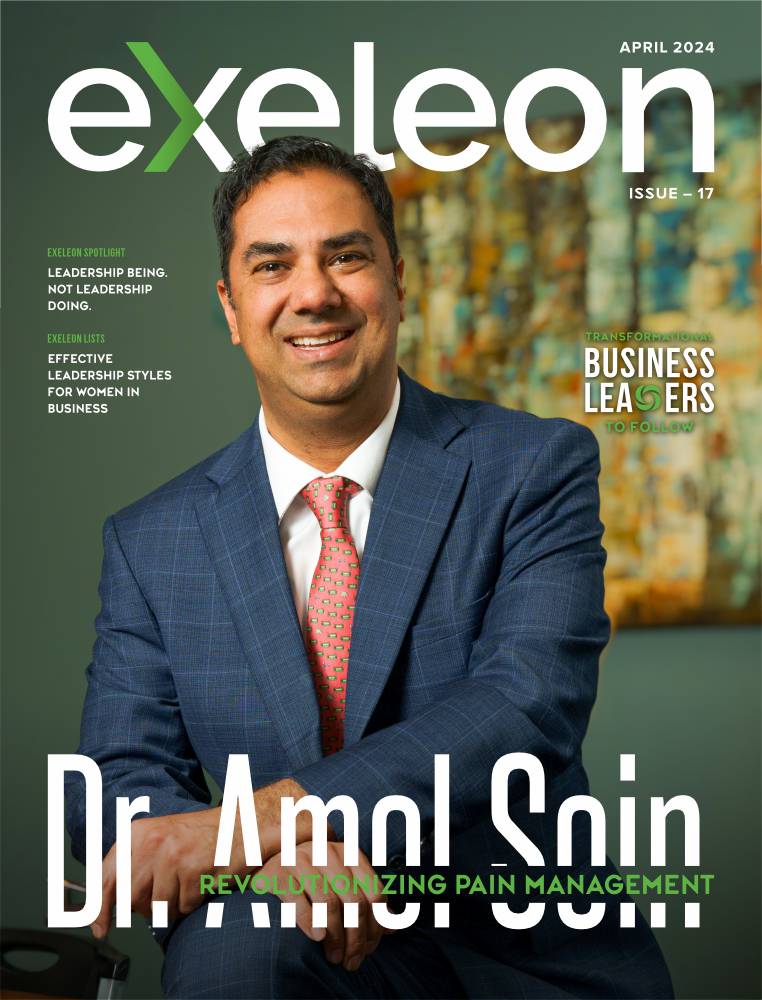
The following is an op-ed article written by Donna Rosa, Founder and Chief Entrepreneurship Officer of EFour Enterprises. In this article she sheds light on the struggles of women entrepreneurs in developing countries. This is part of Exeleon’s Women History Month Celebration issues.
Women’s History Month ushers women across the globe into the limelight and advocates for women’s equality. Yet, we’re overlooking millions of women as if they were invisible: female entrepreneurs in developing countries. They are unseen and unheard outside the international aid community, but they are a quiet, hardworking, and productive force.
I’ve come to know their stories and sorrows, struggles and successes. I’m a business coach for entrepreneurs in emerging economies, and before I discovered this calling, I never knew it was a thing. I’d spent the bulk of my career in the corporate world, wanting to give back to society but not knowing how. Over time I realized that I’d accumulated a measure of business experience, and I could either die with it in my head or share it with those who would most benefit from it.
Eventually, I found my way into international development, supporting microenterprises in low-income countries. I saw a key success factor being overlooked: while small business owners were provided technical support and sometimes financing, they were not being taught day-to-day business management or planning. So I stepped in to fill the gap.
I love this work because it takes so little to make a massive difference in people’s businesses–and lives. And I love entrepreneurs because they are like sponges, eager to absorb everything they possibly can, and grateful for the help. They are exceedingly strong and resilient, and they don’t realize it. They are my heroes.
The Entrepreneurial Landscape
When you think of entrepreneurship in poor countries you might envision a woman selling crafts or vegetables in a local market. Of course there’s that—a lot of it. However, entrepreneurs fall along a continuum, from low-income solopreneurs to small established businesses to high-tech innovators seeking global venture capital. All are found in the developing world, but here I focus on those I work with, microenterprises with 1-10 employees.
While we in the West tend to glorify entrepreneurship (especially startups) it’s just the opposite in many poor countries. Steady wage-paying full-time jobs are rare and prestigious. Since there are few jobs available even for the educated, the only way to make a living is to figure out how to sell something. Such business owners are called “entrepreneurs of necessity.”
I work with both male and female entrepreneurs, and many of the problems they face traverse gender. If you think entrepreneurship is hard, try doing it in a developing country. They deal with innumerable annoying obstacles that shouldn’t be issues, like lack of (or intermittent) electricity or clean running water. If they are fortunate enough to have access, it’s expensive. Every day they cope with poor infrastructure, extremely limited resources, little or no access to capital, unpaved roads, expensive distribution, old equipment that constantly needs repair, and unreliable suppliers and labor. It’s lonely at the bottom.
Underlying all this is the most insidious problem of all: as they most simply don’t know how to manage a business, however small. How could they? There are no Small Business Administrations that give free assistance and advice. Unstable, under-resourced governments burden businesses with regulations and red tape and thwart business-enabling environments. Aid agencies, NGOs, and social businesses do provide financial/resource aid and technical training, but there’s just not enough to go around.
Women’s Work
Some time ago the international donor community figured out that when they enable women, they enable entire communities. Turns out that there’s a multiplier effect for resources spent supporting them. When women acquire skills and develop incomes, they use a greater portion of that money for their families and communities than men do. That means better education and health for children, as well as poverty reduction. With that kind of ROI, aid has focused on supporting women in many ways, including business.
With the resulting attention on women, I’ve had the opportunity to work with both individual female business owners and women’s groups. I enjoy both. I marvel at how women seem to come together naturally to support each other, especially in difficult circumstances.
I vividly remember a group I worked with in rural Kenya, where the women took it upon themselves to improve their community after a boy was found dead in an open sewer pit. They began reporting open sewers to the health department, and with that success, initiated all sorts of activities. Projects included sanitation improvement, protecting the local river, advocating for children’s’ rights, promoting local drought-resistant crops, assistance for young parents on family, maternal and child issues, gender sensitization, trainings in adjacent communities, and helping women generate sustainable incomes.
I was equally impressed by their business smarts: they acquired some grant funds, and instead of simply dividing the money among the members they chose to create a small enterprise to generate ongoing income for all.
Feminine Business Burdens
There has been significant progress for working women and women’s rights over the past 50 years. World Bank data indicates that in most countries, women can now sign contracts, open bank accounts, and register businesses, although access to credit is still a problem.
Still, women face obstacles that men do not. Some are cultural and others are simply discriminatory, but either way, women are systematically excluded from economic opportunities, and it prevents them from developing their businesses.
The uneven playing field starts in the playground: girls have less access to education than boys. When they marry their needs can be subordinated. If a woman does manage to create a small business, she adds that on top of her responsibilities for child-rearing and running the home.
It can be difficult for businesswomen to access much-needed credit in the developing world, which is interesting since women are far less likely than men to default on loans. A report by the Women Entrepreneurs Finance Initiative (We-Fi) states that “Seventy percent of formal women owned SMEs in developing countries are either shut out of financial institutions or can’t get the capital they need.” That makes women’s businesses smaller, less profitable, and slower growing than their male counterparts. Understandably, they tend to be more concerned with business survival rather than growth.
Legally women are routinely discriminated against in family, land rights, and labor laws. These regulations can be worse for women entrepreneurs than the business laws: they determine whether women can make independent economic decisions, enter contracts, or own, manage, or inherit assets and property. Loans, for example, usually require collateral. Because men can own land and other assets and women often can’t, they are immediately excluded from opportunities to borrow.
Other factors play a role, too. Women frequently lack the business networks, contacts, and access to markets to build successful businesses. They open businesses without management skills, education, training, or experience.
Businesswomen Rising
Despite the uphill battle, I have high hopes for women entrepreneurs in developing nations. They are both determined and undeterred. If we arm them with skills, encouragement, and funding they have a fighting chance. They deserve not just support, but admiration.
It’s important to note that developing-country entrepreneurs need the right form of assistance for their businesses to thrive. I find they do best when they learn key concepts in the context of their own businesses rather than large scale, one-off generalized training; it’s difficult for them to go home and apply what they learn after a workshop. That’s why I prefer one-one or small group coaching, which enables me to learn the ins and outs of each business and provide the handholding and encouragement they need to develop self-confidence and achieve profitability.
If you are part of a business with a social mission, CSR program or ESG mandate consider lending some brain trust, financing, or mentorship to developing-country women entrepreneurs. Your know-how can make a big difference with even a small investment.
About the Author
Donna Rosa is Founder and Chief Entrepreneurship Officer of EFour Enterprises LLC. EFour stands for Empowering Entrepreneurs in Emerging Economies, providing remote business coaching tailored to the special needs of entrepreneurs in developing countries.
Donna spent most of her career in the food industry. She eventually transitioned into international development, working with microenterprises and small businesses to reduce poverty in Africa, the Caribbean, Eastern Europe, Central America, the Middle East, and Russia.
In addition to her work with entrepreneurs, Donna is heavily involved in improving global food security. She founded and manages the Food Science for Relief and Development (FSRD) program under the International Division of the Institute of Food Technologists (IFT). In 2023, Donna was the recipient of IFT’s Humanitarian Award for Service to the Science of Food in honor of Elizabeth Fleming Stier. She has also written a book chapter on careers in this emerging field.
Donna currently mentors women entrepreneurs in Africa under the FAO-IAFN Women SMEs Accelerator Program and serves on several nonprofit boards related to international development.
For more information on Donna and her work visit www.efourenterprises.com and www.donnamrosa.com, or connect with her at Donna Rosa | LinkedIn










